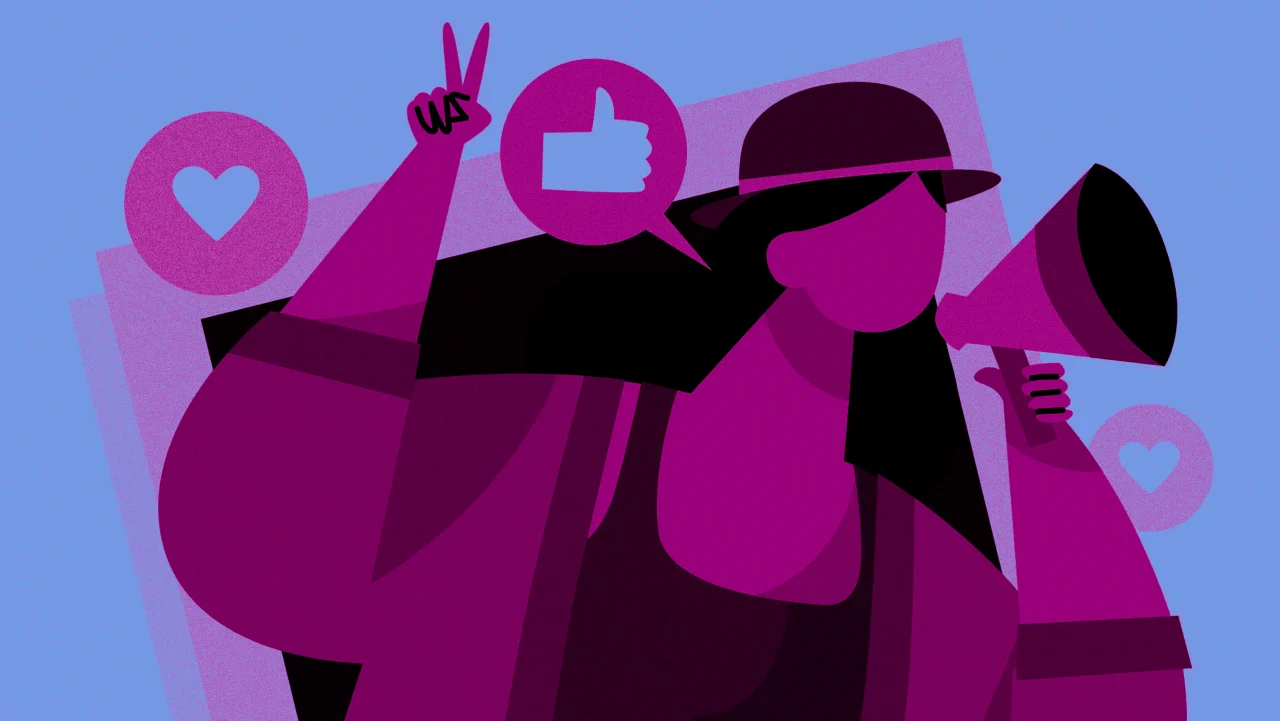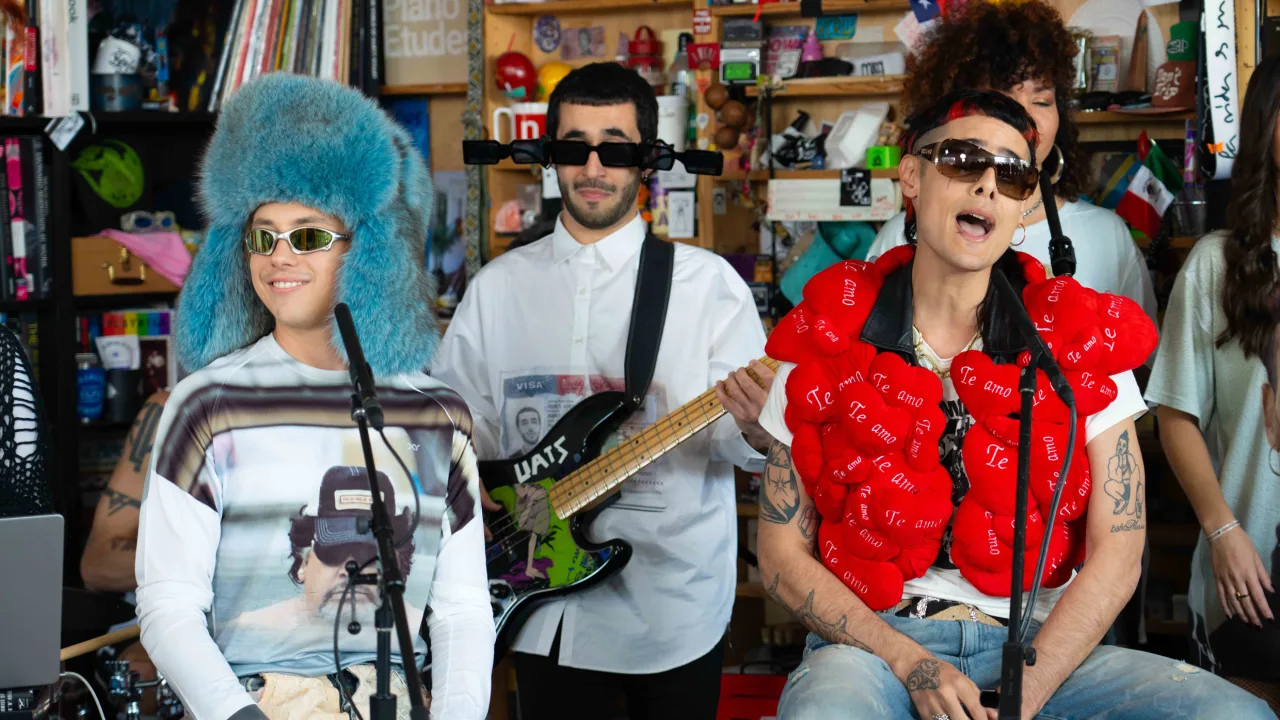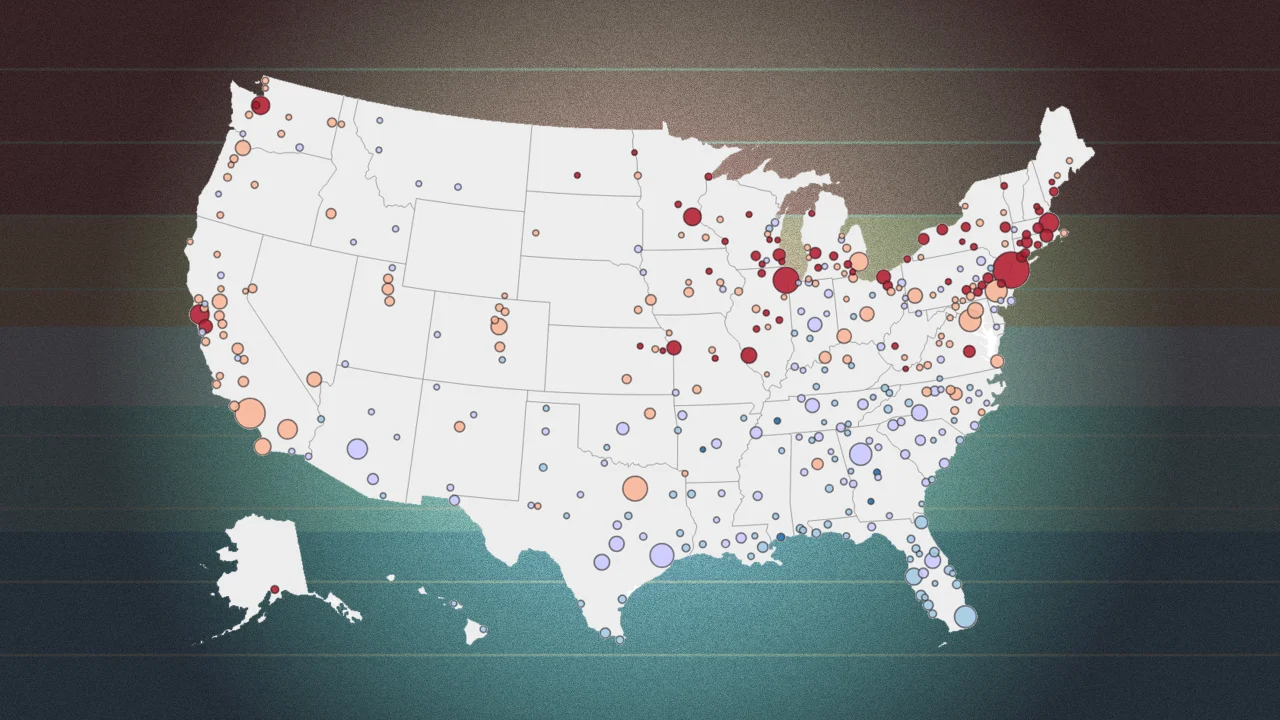A third of Gen Z feels ‘pressure’ to become social media creators—and most say their schools encourage it
Graduating from high school is a huge rite of passage, but entering the working world, especially in uncertain economic times, can be intimidating. According to a new study, a big chunk of high school graduates say they don’t exactly feel prepared for post-school challenges, especially when it comes to a few necessary life skills. And many feel pressured to lean into influencer culture as a way to make ends meet. The national survey, which was commissioned by K12, an accredited online K through 12 school, asked 300 recent high school graduates and 200 parents about how confident they were upon entering the real world. Notably, less than a third (32%) of recent grads said they felt their high school years had equipped them. Teen boys felt less prepared than girls, with 23% rating their “real world” confidence at 3 or below on a scale of 1 to 10, with 10 being the most confident. Meanwhile, 16% of female grads said the same. Questions on where their confidence was lacking highlighted a few areas where recent grads felt most insecure, which, somewhat surprisingly, seemed to be the very rites of passage that young adults once looked forward to: 34% said they didn’t feel confident about managing their own money, 27% didn’t feel ready to live independently, and 26% cited communicating effectively as a concern—perhaps a display of how online communication has peaked in recent years in lieu of in-person communication. Recent grads’ biggest fears echoed those insecurities, with 44% saying that they were worried about becoming financially secure. In addition to a challenging job market and an uncertain economy, those grads largely felt that their high schools didn’t equip them with some key life skills—mainly, financial skills. A staggering 62% said they wish they’d learned how to do their taxes, 60% said the same of being taught about credit scores and loans, and 51% also noted that they wished they had learned how to invest. Given many high school grads don’t feel quite ready for the real world, it makes sense that most teens said they plan on attending college after graduation: 90% said college is in their future. However, there was another notable trend that grads are likely to lean into after high school: becoming an influencer. More than a third, or 34% said they felt pressure from social media to become content creators or entrepreneurs, which is hardly surprising given just how common the side gig, or even full-time career, has become. But interestingly, it’s not just social media that’s steering teens toward content creation. According to the report, 56% said their high school actually encouraged students to “explore alternative career paths.” Those alternatives were things like trades, gig work, and yes, content creation. Given the lives of young adults today are so broadly shaped by social media and influencer culture, the pull to dive into content creation makes perfect sense. Still, teens are rightly worried about whether or not they have the financial literacy to turn influencing into income.

Graduating from high school is a huge rite of passage, but entering the working world, especially in uncertain economic times, can be intimidating. According to a new study, a big chunk of high school graduates say they don’t exactly feel prepared for post-school challenges, especially when it comes to a few necessary life skills. And many feel pressured to lean into influencer culture as a way to make ends meet.
The national survey, which was commissioned by K12, an accredited online K through 12 school, asked 300 recent high school graduates and 200 parents about how confident they were upon entering the real world. Notably, less than a third (32%) of recent grads said they felt their high school years had equipped them.
Teen boys felt less prepared than girls, with 23% rating their “real world” confidence at 3 or below on a scale of 1 to 10, with 10 being the most confident. Meanwhile, 16% of female grads said the same.
Questions on where their confidence was lacking highlighted a few areas where recent grads felt most insecure, which, somewhat surprisingly, seemed to be the very rites of passage that young adults once looked forward to: 34% said they didn’t feel confident about managing their own money, 27% didn’t feel ready to live independently, and 26% cited communicating effectively as a concern—perhaps a display of how online communication has peaked in recent years in lieu of in-person communication.
Recent grads’ biggest fears echoed those insecurities, with 44% saying that they were worried about becoming financially secure.
In addition to a challenging job market and an uncertain economy, those grads largely felt that their high schools didn’t equip them with some key life skills—mainly, financial skills. A staggering 62% said they wish they’d learned how to do their taxes, 60% said the same of being taught about credit scores and loans, and 51% also noted that they wished they had learned how to invest.
Given many high school grads don’t feel quite ready for the real world, it makes sense that most teens said they plan on attending college after graduation: 90% said college is in their future. However, there was another notable trend that grads are likely to lean into after high school: becoming an influencer.
More than a third, or 34% said they felt pressure from social media to become content creators or entrepreneurs, which is hardly surprising given just how common the side gig, or even full-time career, has become. But interestingly, it’s not just social media that’s steering teens toward content creation. According to the report, 56% said their high school actually encouraged students to “explore alternative career paths.” Those alternatives were things like trades, gig work, and yes, content creation.
Given the lives of young adults today are so broadly shaped by social media and influencer culture, the pull to dive into content creation makes perfect sense. Still, teens are rightly worried about whether or not they have the financial literacy to turn influencing into income.



































































































































































